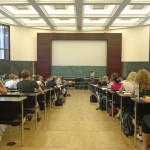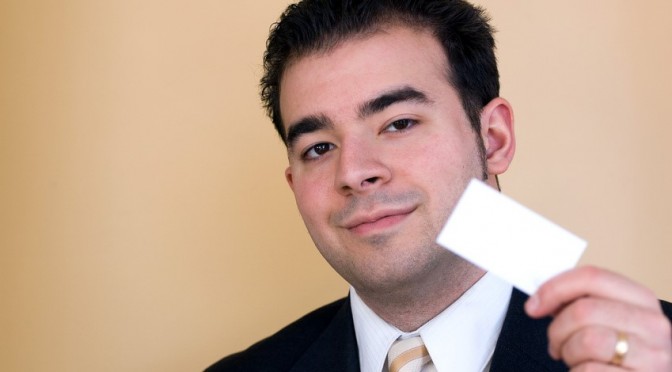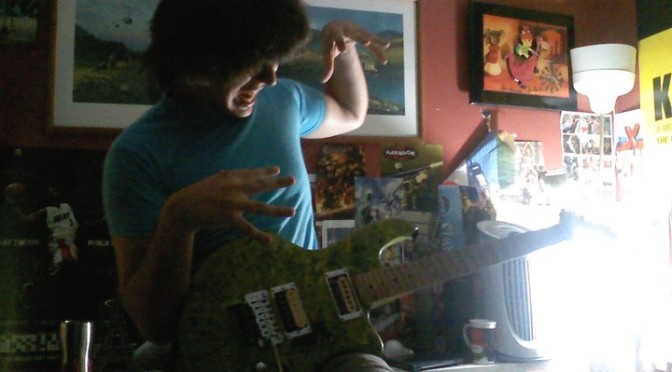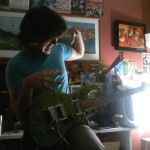
 So how can we bridge the gap between students who only do as they’re told and those who learn only what they find interesting?
So how can we bridge the gap between students who only do as they’re told and those who learn only what they find interesting?
As students rise through secondary schools, teacher expectations and demands can either tax or reward student learning and behavioral types, in this case, the extrinsically versus intrinsically motivated student:
Extrinsic learners strive to meet teacher expectations as explicitly as possible while intrinsic learners engage learning for its own sake. Continue reading →

 We hear it all the time. Students say, “I get it when my teacher shows it to me, but I can’t do it on the test.” Then parents tell us that their child “doesn’t test well.”
We hear it all the time. Students say, “I get it when my teacher shows it to me, but I can’t do it on the test.” Then parents tell us that their child “doesn’t test well.”
When children say, “I get it when my teacher shows me,” what they’re really saying is that they didn’t learn it for themselves.
Turning New Knowledge into Prior Knowledge
The process of turning “New Knowledge” (NK) into “Prior Knowledge” (PK) is what I call “internalization.” When our brain receives new information, it looks to store it somewhere meaningful. If there is no related PK to connect it to, then the NK remains just that, unrelated, unconnected information that has no lasting memory.
However, when the NK finds a comfortable home, it is connected to meaningful PK and can now begin the process of internalization, that is going from NK to PK.
Kids get this. Continue reading →

 I hate my teacher!
I hate my teacher!
Teachers, I can’t tell you how much I hear from kids that they’re ready to learn, but their teacher keeps getting in the way.
Yep, we hear it all the time, “I hate my teacher!” But if we listen behind the angry words, what kids are really saying is that they’d rather like than hate their teachers. Continue reading →

 Music for the classroom: pedagogy lessons from music lessons with Chris Bromley
Music for the classroom: pedagogy lessons from music lessons with Chris Bromley
Student Success Podcast No. 12
Jan. 9, 2014 (* interview recorded Nov. 22, 2013).
Today’s Guest: Chris Bromley
Christopher discusses his strategies for teaching music and compares learning music with regular classroom learning. His music program, School of Rock, holds strong examples and practices that can be employed in the traditional classroom. One of the biggest lessons Chris brings to classroom teachers is the need for students to practice independently, exploring and building curiosity and interests independently, then applying it — performing it – in the larger classroom. Continue reading →
Helping middle & high school students and parents find academic success: tutoring, coaching & mentoring from the A+ Club
 So how can we bridge the gap between students who only do as they’re told and those who learn only what they find interesting?
So how can we bridge the gap between students who only do as they’re told and those who learn only what they find interesting?

 We hear it all the time. Students say, “I get it when my teacher shows it to me, but I can’t do it on the test.” Then parents tell us that their child “doesn’t test well.”
We hear it all the time. Students say, “I get it when my teacher shows it to me, but I can’t do it on the test.” Then parents tell us that their child “doesn’t test well.”
 I hate my teacher!
I hate my teacher!
